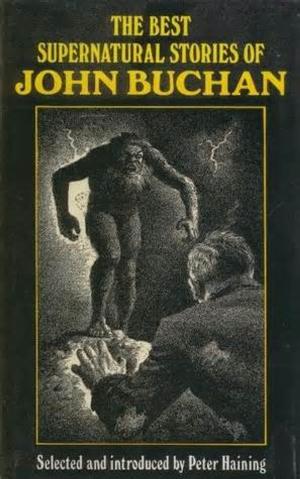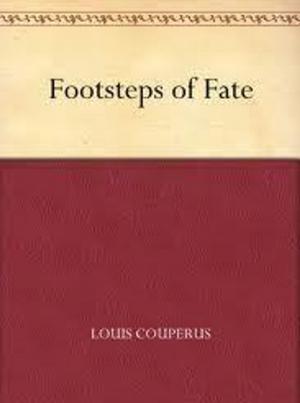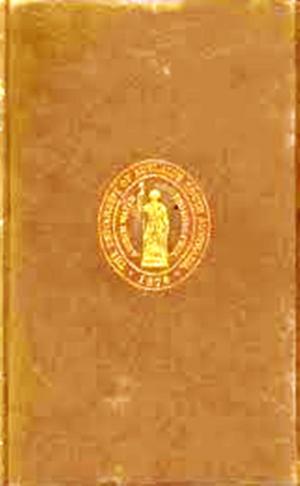| Author: | J.S. Fletcher | ISBN: | 1230000192797 |
| Publisher: | WDS Publishing | Publication: | October 28, 2013 |
| Imprint: | Language: | English |
| Author: | J.S. Fletcher |
| ISBN: | 1230000192797 |
| Publisher: | WDS Publishing |
| Publication: | October 28, 2013 |
| Imprint: | |
| Language: | English |
From the time that he had taken up the study of astronomy as a pleasant means of spending his newly acquired leisure, and had built himself a small but well-equipped observatory as an adjunct to his house, which stood on one of the highest slopes of Leith Hill, Mequillen had formed the habit of rising from his bed every two or three hours of a cloudy night to see if the sky had cleared. To some men such a habit would have been highly inconvenient, for many obvious reasons. But Mequillen was in a lucky position. He was unmarried; he possessed much more than ample means; he had therefore no business or profession to attend to, and accordingly no train to catch of a morning in order to keep office hours. He could sleep at any time of the day he chose; and if he did jump out of bed at two o'clock in the morning, to find that the sky was still cloudy, he could jump back and go to sleep again on the instant. And he was, moreover, an enthusiast of the first order.
On a certain night in the February of 19—, Mequillen, who had gone to bed at ten o'clock, suddenly awoke, switched on the electric light at the side of his bed, and, seeing that it was then ten minutes past twelve, sprang out, shuffled himself into his thickly padded dressing-gown, and hurried up the winding stair which led to the observatory. One glance into the night showed him a perfectly clear sky. From the vast dome of heaven, wondrously blue, the stars shone out like points of fire. And Mequillen, with a sigh of satisfaction, began his work at the telescope, comparing the sky, field by field, with his star chart, on the chance of finding new variable stars. After his usual fashion, he was immediately absorbed, and the sky remaining clear, he went on working, unconscious of time, until a deep-toned clock in the room beneath struck the hour of three. Then Mequillen started, and realised that he had been so absorbed that he had not noticed the striking of one or two, and he leaned back from the telescope in a suddenly assumed attitude of relaxation, stretching his arms, and casting up his eyes to the still clear vault above him. The next instant he became rigid; the next he began to tremble with excitement; the next he could have shouted for joy. For there, in the constellation which astronomers have named Andromeda, Mequillen detected a new star!
From the time that he had taken up the study of astronomy as a pleasant means of spending his newly acquired leisure, and had built himself a small but well-equipped observatory as an adjunct to his house, which stood on one of the highest slopes of Leith Hill, Mequillen had formed the habit of rising from his bed every two or three hours of a cloudy night to see if the sky had cleared. To some men such a habit would have been highly inconvenient, for many obvious reasons. But Mequillen was in a lucky position. He was unmarried; he possessed much more than ample means; he had therefore no business or profession to attend to, and accordingly no train to catch of a morning in order to keep office hours. He could sleep at any time of the day he chose; and if he did jump out of bed at two o'clock in the morning, to find that the sky was still cloudy, he could jump back and go to sleep again on the instant. And he was, moreover, an enthusiast of the first order.
On a certain night in the February of 19—, Mequillen, who had gone to bed at ten o'clock, suddenly awoke, switched on the electric light at the side of his bed, and, seeing that it was then ten minutes past twelve, sprang out, shuffled himself into his thickly padded dressing-gown, and hurried up the winding stair which led to the observatory. One glance into the night showed him a perfectly clear sky. From the vast dome of heaven, wondrously blue, the stars shone out like points of fire. And Mequillen, with a sigh of satisfaction, began his work at the telescope, comparing the sky, field by field, with his star chart, on the chance of finding new variable stars. After his usual fashion, he was immediately absorbed, and the sky remaining clear, he went on working, unconscious of time, until a deep-toned clock in the room beneath struck the hour of three. Then Mequillen started, and realised that he had been so absorbed that he had not noticed the striking of one or two, and he leaned back from the telescope in a suddenly assumed attitude of relaxation, stretching his arms, and casting up his eyes to the still clear vault above him. The next instant he became rigid; the next he began to tremble with excitement; the next he could have shouted for joy. For there, in the constellation which astronomers have named Andromeda, Mequillen detected a new star!















